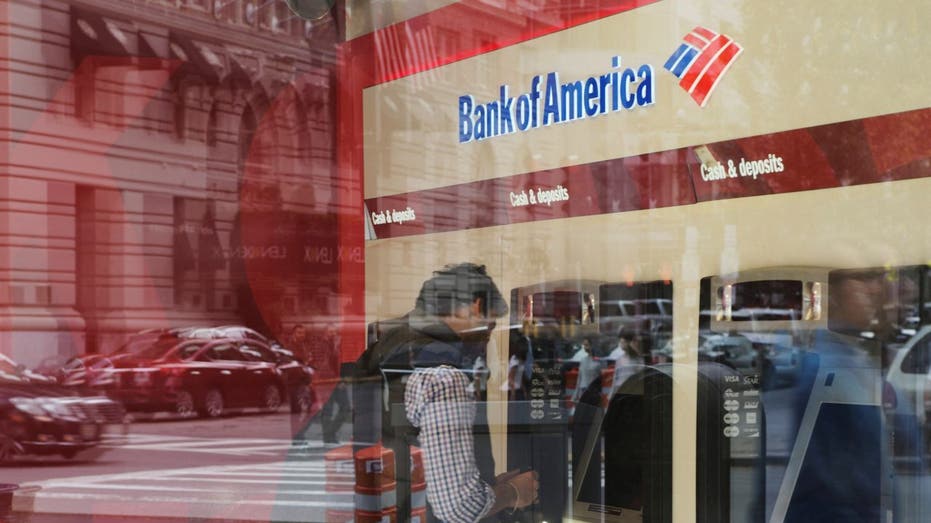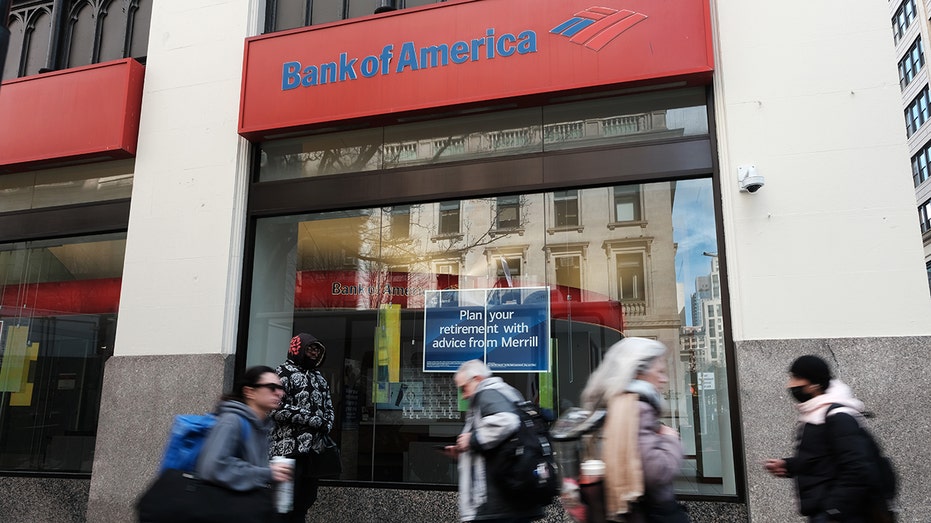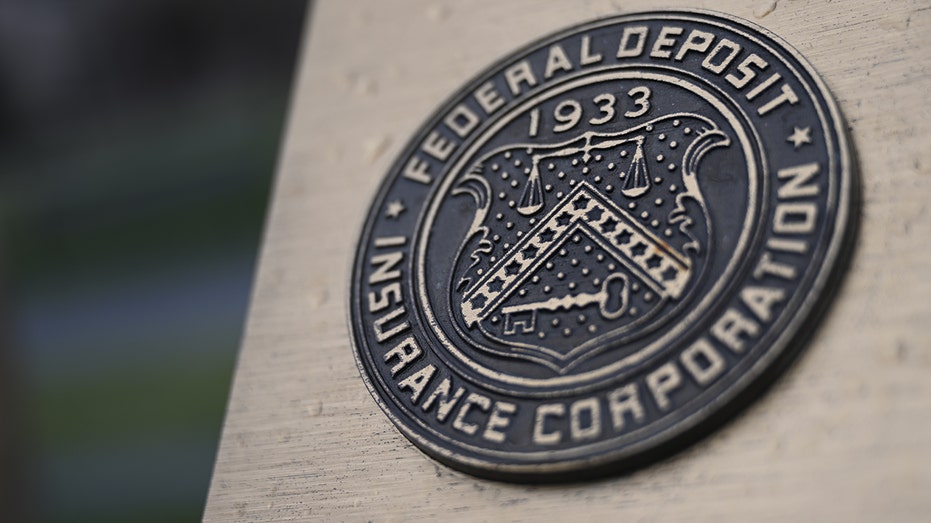Bank of America profit surges on interest income and investment banking gains
Bank of America's stock price surged over 4% after its second-quarter results beat expectations
Diversified banks are doing well: Octavio Marenzi
Opimas LLC CEO Octavio Marenzi discusses how J.P. Morgan Chase and Bank of America are gaining strength in the markets on ‘Varney & Co.’
Bank of America's second-quarter profit beat Wall Street estimates as it earned more from customers' loan payments while investment banking and trading fared better than expected.
The second-largest U.S. lender projected its net interest income (NII) would increase 8% this year after it rose 14% in the second quarter, it said on Tuesday.
Bank of America joined rivals JPMorgan Chase and Wells Fargo in reaping windfalls from charging clients higher interest rates as the Federal Reserve raised borrowing costs to rein in stubborn inflation.
"We continue to see a healthy U.S. economy that is growing at a slower pace, with a resilient job market," CEO Brian Moynihan said in a statement, echoing comments from his peers.

Bank of America saw interest income increase in the second quarter, along with gains from its investment banking unit. (REUTERS/Brian Snyder/File Photo / Reuters Photos)
The company's stock surged 4.2% on Tuesday.
"Bank of America's Q2 results continue to benefit from higher rates, but as clients continue to seek higher yields the pressure on BAC's net interest margin is growing," said David Fanger, senior vice president of the financial institutions group at rating agency Moody's.
"The bank’s diversified mix of businesses and strong cost discipline offset some of this pressure, and deposit outflows slowed."
BIG STOCK RALLY COULD BE FOLLOWED BY ‘BIG COLLAPSE’: BANK OF AMERICA
BofA reported a profit of 88 cents per share in the second quarter, beating analysts' average expectations of 84 cents, according to IBES data from Refinitiv.
The result compared with 73 cents per diluted share a year earlier, the second-largest U.S. bank reported on Tuesday.
| Ticker | Security | Last | Change | Change % |
|---|---|---|---|---|
| BAC | BANK OF AMERICA CORP. | 56.41 | -0.12 | -0.21% |
INVESTMENT BANKING GAINS
Investment banking was a standout, with net income surging 76% to $2.7 billion. The gains were driven by higher interest payments and leasing revenue, the company said. It also benefited from not booking mark-to-market losses on leveraged finance positions.
Global mergers and acquisitions (M&A) activity fell 36% year-on-year in the second quarter, but there has been optimism that the stock market's recovery will restore confidence in dealmaking.
FED EXPLORING WAYS TO SPEED UP BANK OVERSIGHT, STRENGTHEN STRESS TESTS
Chief Financial Officer Alastair Borthwick cited a slight pickup in equity capital markets and the increased focus on middle market business in a call with reporters.
"We have a very strong and resilient deposit base and we do a lot of moving of money of corporate clients around the world," he said, referring to the company's transaction services business. "That has been a terrific performer this quarter."

Bank of America was recently fined for "double-dipping" on fees charged to clients and withholding credit card rewards. (Spencer Platt/Getty Images / Getty Images)
In another surprise bright spot, the bank's sales and trading revenue outperformed expectations to post a 3% increase in revenue to $4.3 billion.
Revenue from fixed income, currencies and commodities trading rose 7% to $2.7 billion from a year earlier.
The financial health of consumers underpins BofA's consumer banking unit, where revenue rose 15% to $10.5 billion.
BANKING CRISIS CAUSED US BANK DEPOSITS TO FALL EVEN AS INSURED DEPOSITS ROSE: FDIC

Financial regulators like the Federal Deposit Insurance Corporation (FDIC) took three failed regional banks into receivership this spring. (Celal Gunes/Anadolu Agency via Getty Images / Getty Images)
To account for a worsening backdrop, BofA's provision for credit losses rose $602 million to $1.1 billion in the quarter to prepare for souring credit card loans.
Deposits at U.S. banks have become a focus for analysts and investors in recent months after regional bank failures in March prompted the biggest bout of banking turmoil since the 2008 financial crisis.
Average deposit balances fell $18 billion, or 1%, from the prior quarter to $1.9 trillion.
Revenue increased 11% to $25.2 billion in the quarter.
GET FOX BUSINESS ON THE GO BY CLICKING HERE
Borthwick said the bank had litigation expenses of $276 million, which was pushed higher because of recent consumer fines.
Bank of America last week agreed to pay $250 million in fines and compensation to settle claims the bank systematically double-charged customers fees, withheld promised credit card perks, and opened accounts without customer authorization.




















